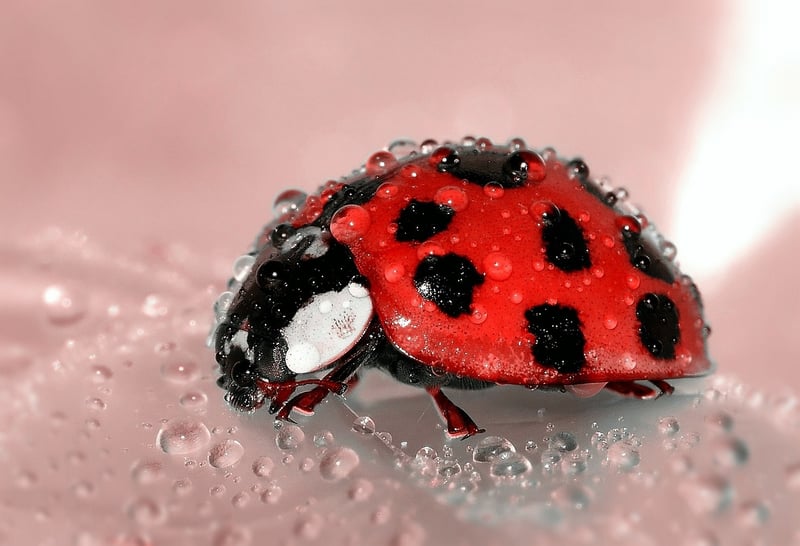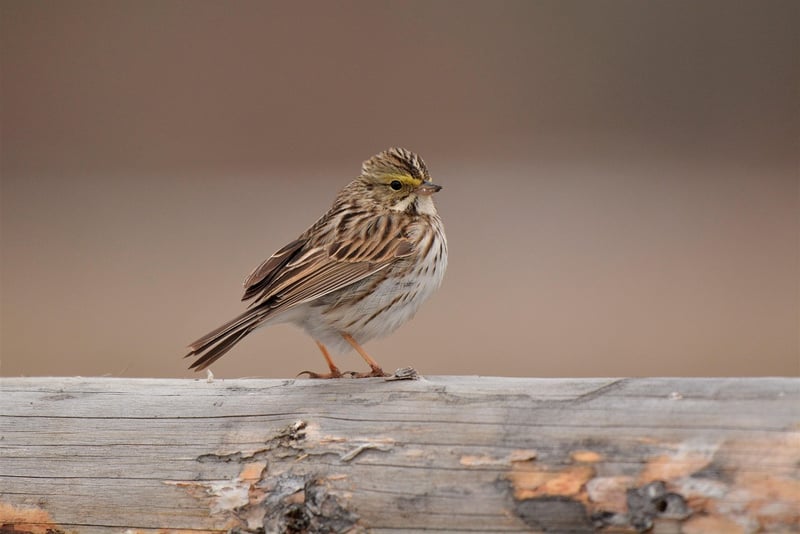Beneficial Insects
Managing Pests in City Gardens Naturally
City gardens provide a green oasis in urban environments, offering a peaceful retreat for residents and wildlife. However, maintaining a healthy garden in the city comes with its challenges, particularly when it comes to managing pests. Rather than resorting to chemical pesticides that can harm beneficial insects and the environment, consider natural pest management solutions that can help keep your city garden thriving.
1. Companion Planting
Companion planting involves growing certain plants together to enhance growth, repel pests, and attract beneficial insects. For example, planting marigolds alongside vegetables can deter pests like aphids and nematodes.
2. Beneficial Insects
Introducing beneficial insects into your garden can help control pest populations naturally. Ladybugs, lacewings, and praying mantises are just a few examples of beneficial insects that feed on common garden pests like aphids, caterpillars, and mites.

3. Neem Oil
Neem oil is a natural insecticide derived from the neem tree. It is effective against a wide range of pests, including aphids, mealybugs, and spider mites. Regular applications of neem oil can help keep pest populations in check.
4. Mulching
Applying mulch around plants can help suppress weeds and retain moisture in the soil. Certain types of mulch, such as cedar or cypress, can also repel insects like ants and termites.
5. Handpicking
For small infestations, handpicking pests off plants can be an effective control method. Regularly inspect your plants for signs of pests and remove them manually to prevent further damage.
6. Attracting Birds
Encouraging birds to visit your garden can help control insect populations naturally. Birds like robins, chickadees, and sparrows feed on a variety of garden pests, making them valuable allies in pest management.

By implementing these natural pest management strategies in your city garden, you can create a healthy and balanced ecosystem that supports both plants and beneficial insects. Embracing sustainable gardening practices not only benefits your garden but also contributes to a greener and more vibrant urban environment.
